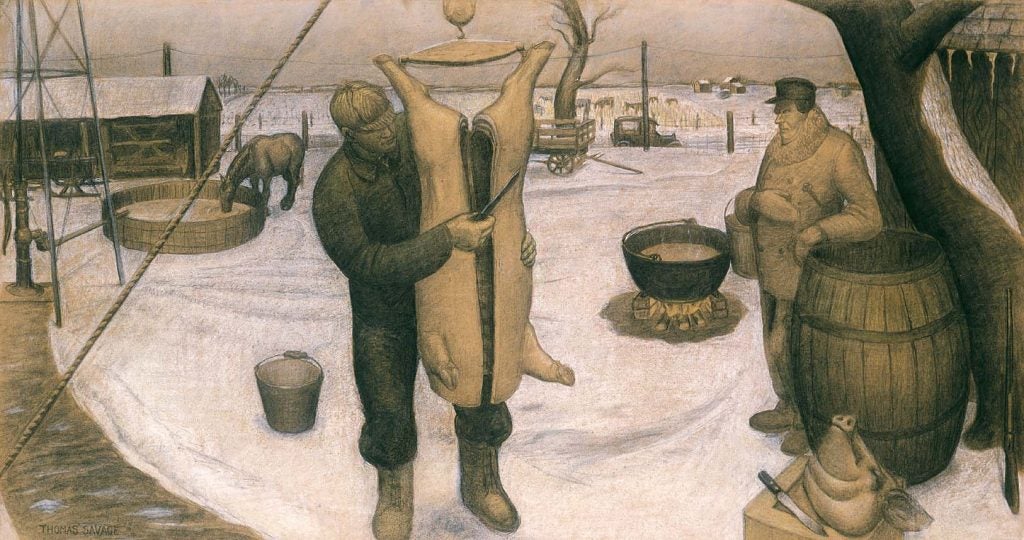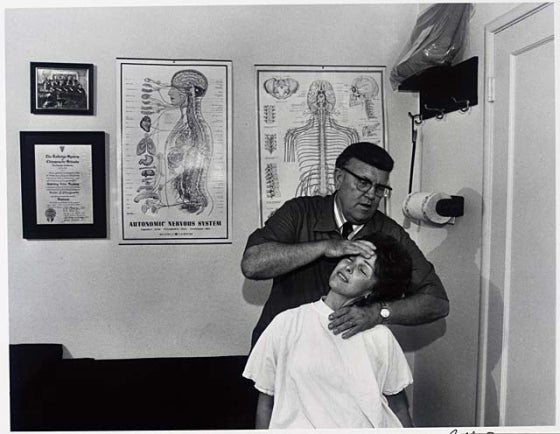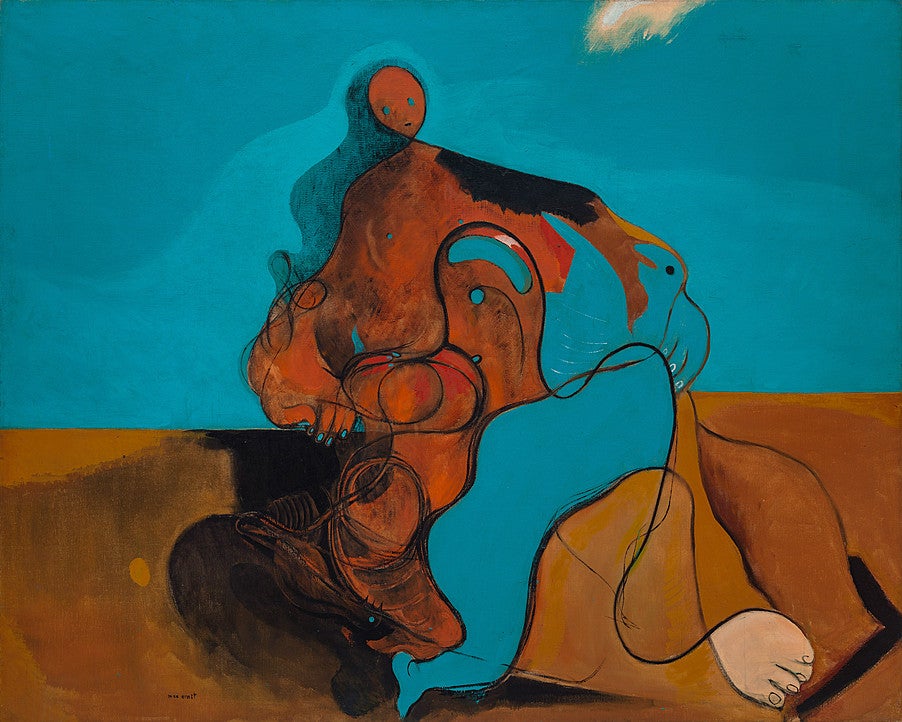Should We Teach Compassion In Creative Writing?
Today, when I read student work that relies on a clever conceit—such as a piece of fiction that is, ultimately, an elaborate joke; when I read stories that are technically functional but devoid of insights, I cringe. I prefer a piece that is overly sentimental but that is trying to get at something true to the undergraduate’s experience, such as love, longing, heartbreak.
Should We Teach Compassion In Creative Writing? Read More »
Today, when I read student work that relies on a clever conceit—such as a piece of fiction that is, ultimately, an elaborate joke; when I read stories that are technically functional but devoid of insights, I cringe. I prefer a piece that is overly sentimental but that is trying to get at something true to the undergraduate’s experience, such as love, longing, heartbreak.








